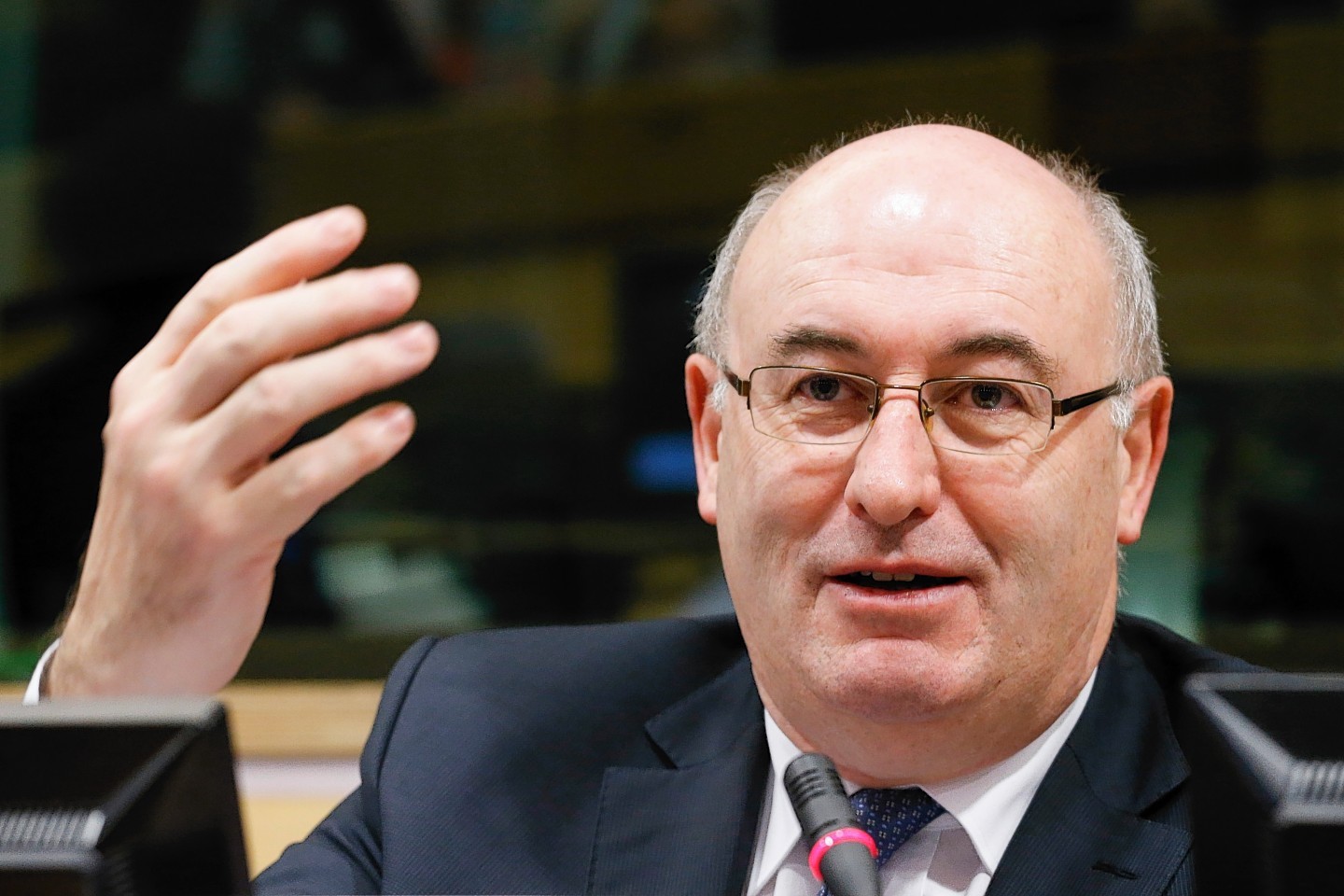Agricultural science needs to help UK farmers become smarter, leaner and cleaner as part of the industry’s efforts to become more sustainable, EU farm commissioner Phil Hogan has said.
Mr Hogan said farmers needed more knowledge about how to increase food production whilst using fewer resources, and that science should play a key role in helping them address that challenge.
Speaking during the opening of the European Federation of Animal Science conference in Belfast, Mr Hogan said the importance of agricultural science had gone unnoticed in Europe for too long.
But he said there was growing recognition that research and innovation was key to helping farmers balance their task of producing food whilst looking after the environment.
“As a result of various crises in the EU we have fallen behind our targets and allowed agricultural research to become a lower priority than it should be,” he said.
“But there is a resurgent ambition to change this. We doubled our investment in the field under Horizon 2020 [the EU programme for research and innovation] and we have made research and innovation a central plank of the rural development programme.”
Mr Hogan’s comments came as leading animal scientists expressed their concerns over funding for agricultural science in the wake of Brexit.
Liam Sinclair, president of the British Society of Animal Science, said the government had guaranteed funding for agricultural research projects in the short-term, which had provided some relief for the sector.
But the quality of research being utilised by British farmers risked being damaged unless the government made more assurances over long-term budgets, he said.
“We are also concerned about barriers being created between countries,” he added. “Animal science relies on links between other organisations, but there are concerns other countries are hesitant to collaborate.
“If the UK can’t collaborate them we will lose out on the quality of science, and that will have a huge impact on UK farmers.”
Sinclair Mayne, director of Northern Ireland’s Agri-Food and Biosciences Institute, said many agricultural scientists were worried their bids for funding would not be well received because of uncertainties around the UK’s relationship with Europe outside the EU.
“There’s a huge question mark over whether funding will be available for the long-term,” he added. “We need more clarity on the whole issue as a matter of priority.”
